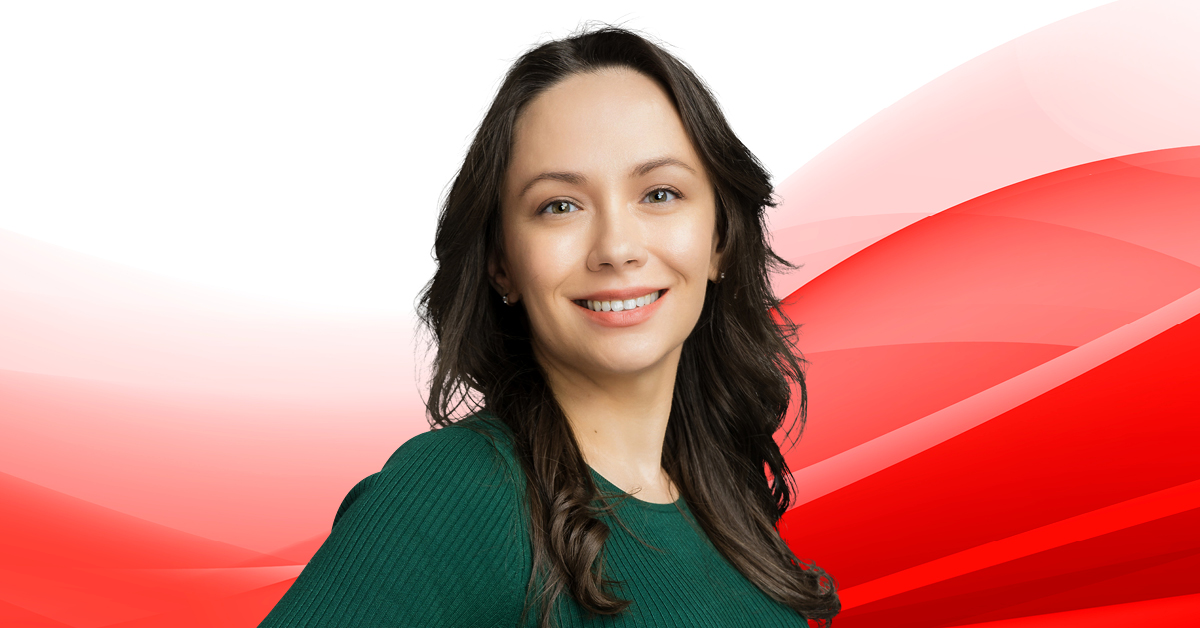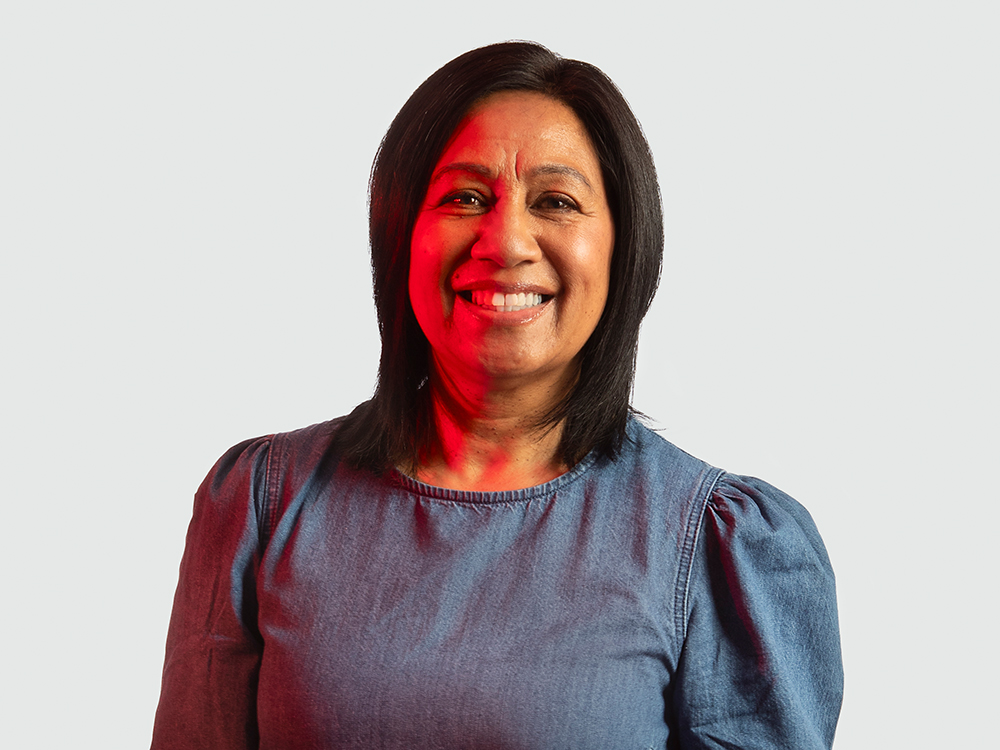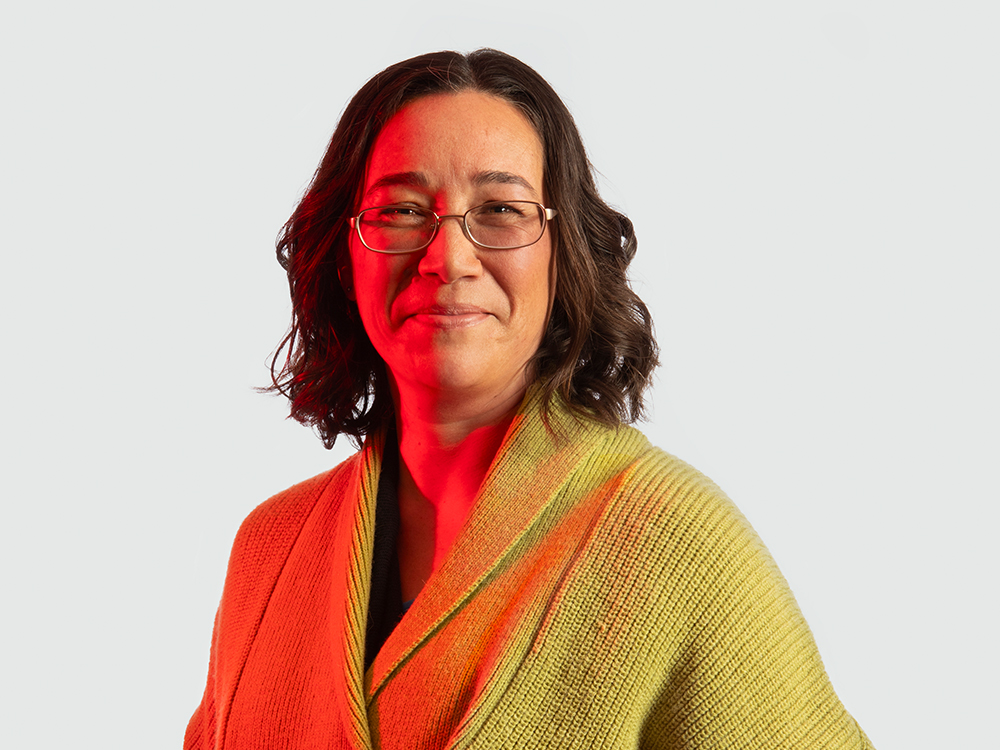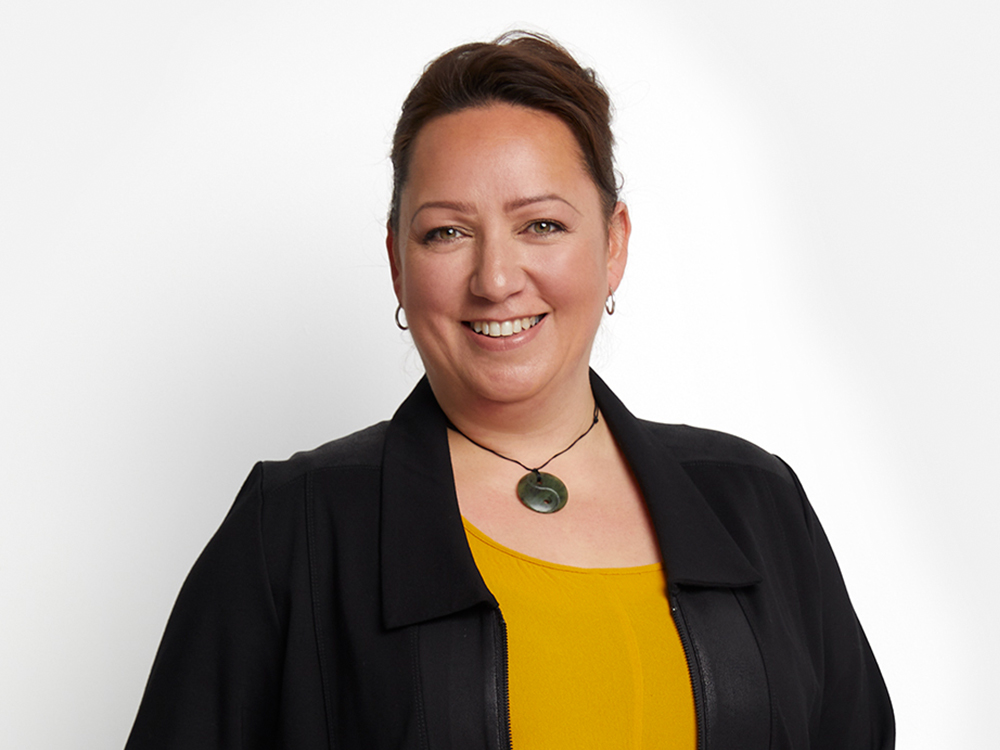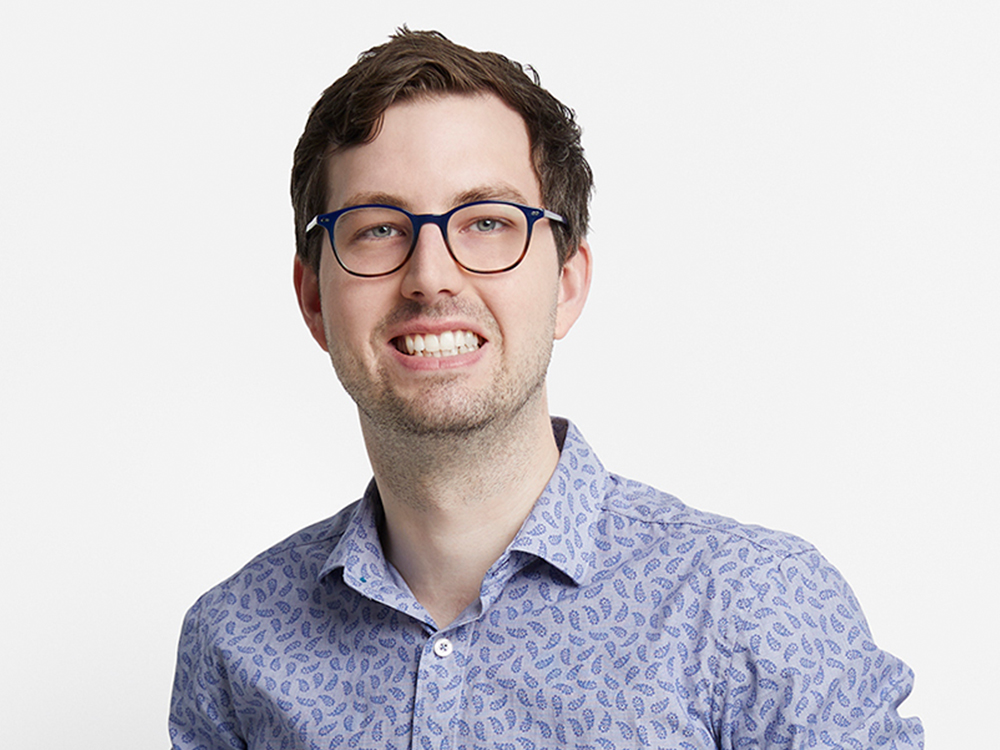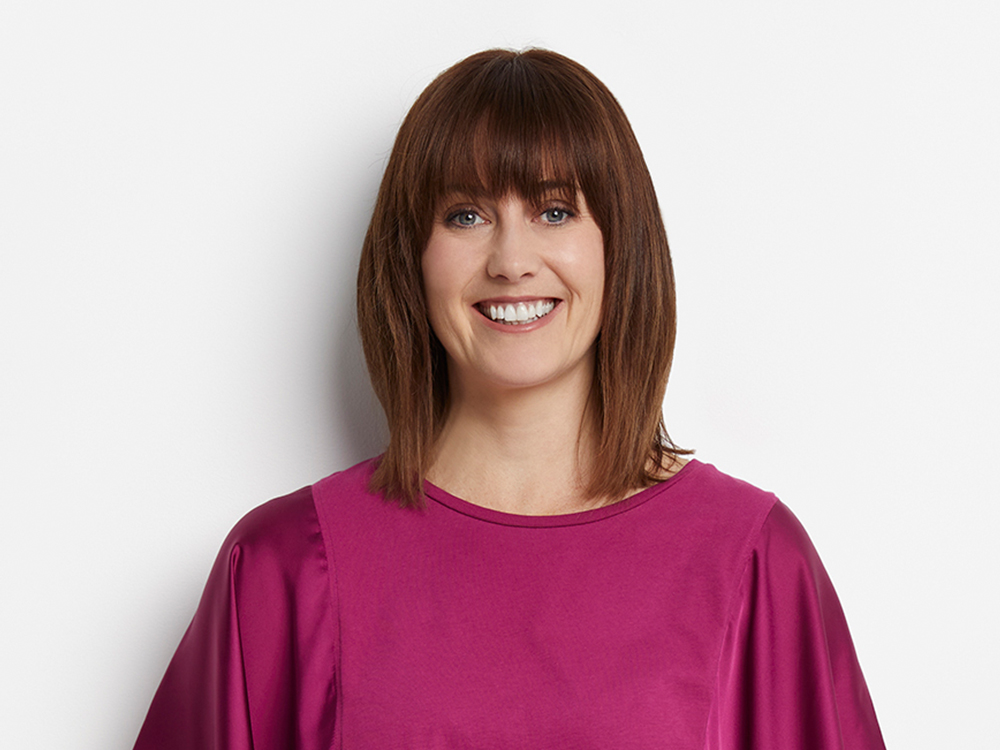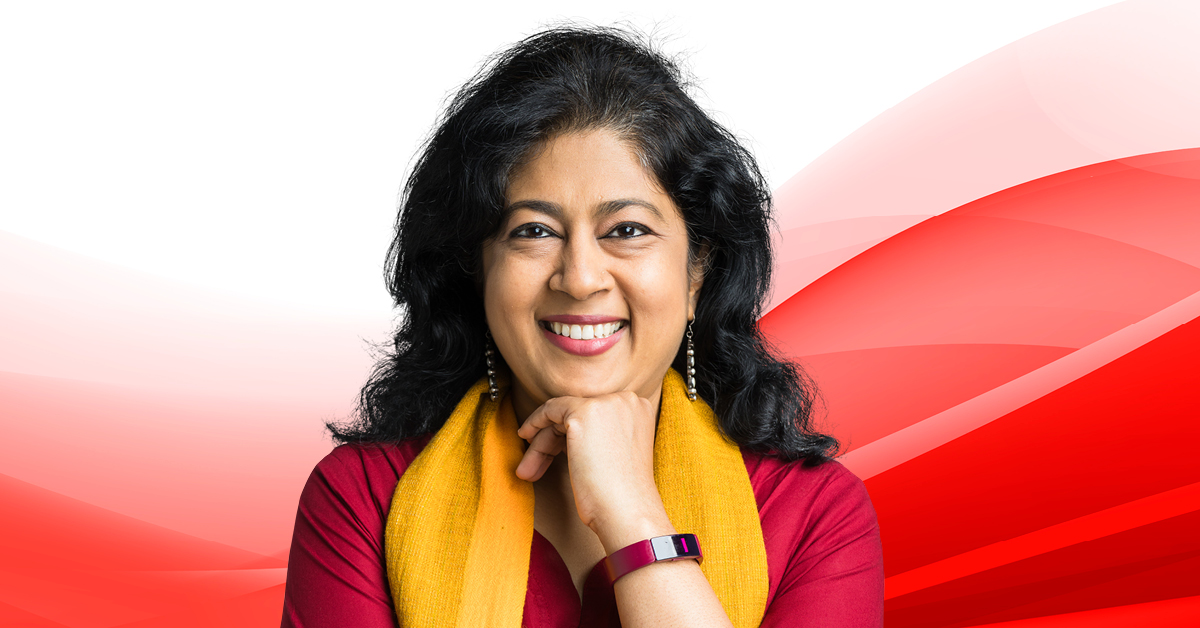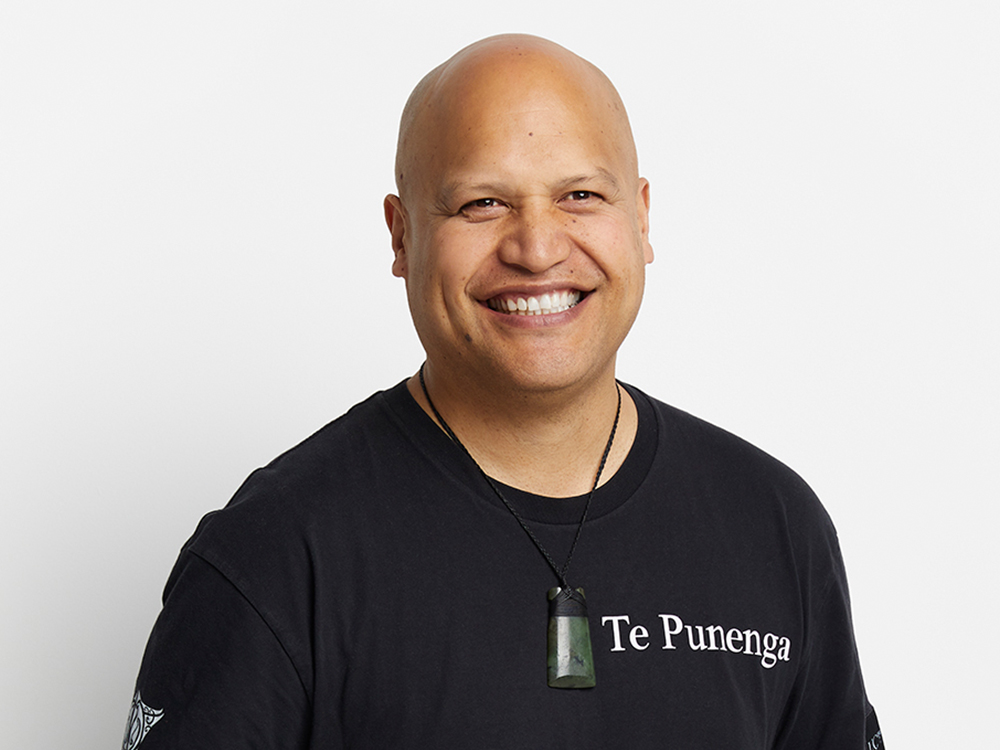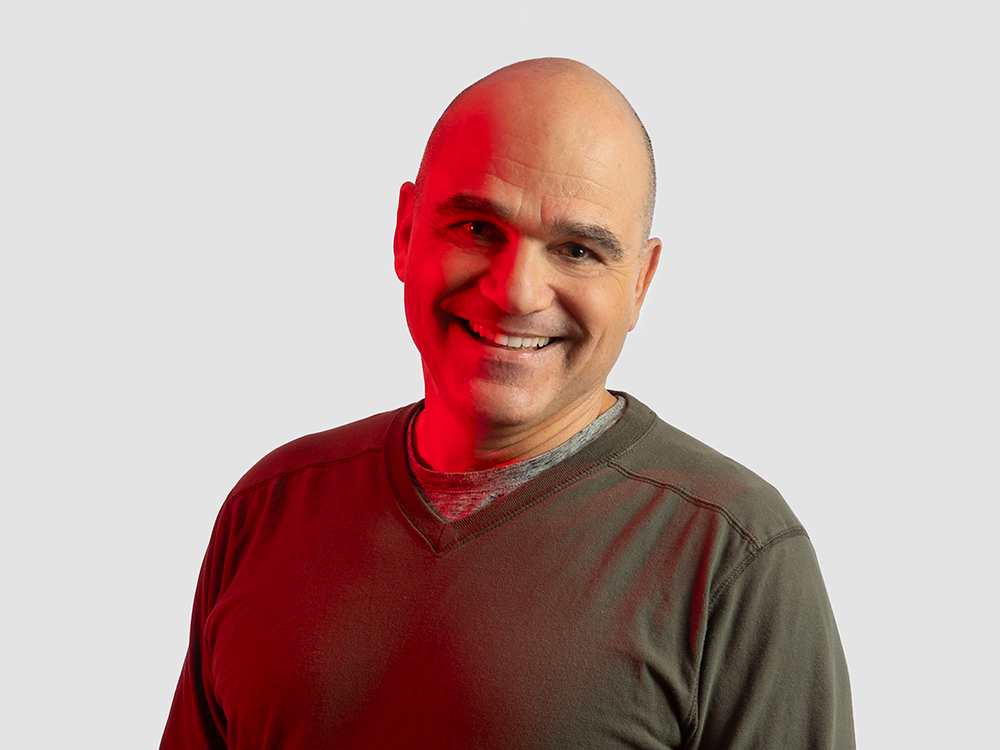What prompted you to enrol in your Master’s Degree at this point in your life?
I work full time for Te Rūnanga o Ngāi Tahu in the language revitalisation team. I decided to get my Masters out of a desire to challenge myself, plus the fact that it aligns with the work I do professionally. I get to dig deeper into Kāi Tahu language revitalisation and help fill some of the gaps in the research.
What's been the highlight of your degree?
An overseas research trip where we spent a week each with the indigenous peoples of New Mexico and Hawai’i. Face-to-face contact with other indigenous groups around the world is invaluable. It's placed my work into a much wider context and given me the chance to meet some amazing changemakers out in the community.
Does your degree open up a lot of exposure to new people?
Absolutely. This Masters course is open to people with relevant community experience as well as those with an undergraduate degree. That's brought in people from lots of different pathways, including some amazing people who are fully engaged with their communities. I've been blown away by some of the people I’ve met.
How are you finding the workload with a fulltime job as well?
The way the course is structured into blocks helps you create balance. A lot of it comes down to self-discipline. Most of my classmates are working full-time, are actively supporting their communities, as well as managing families, lockdowns and whatever else comes their way. That's where having strong whānau support and a sense of community is really helpful. It is a bit of a challenge but it's definitely achievable.
Any advantages to being a mature student?
In some ways, I think it makes studying easier, because you have more clarity of purpose and a greater level of focus. I'm very passionate about what I'm doing, which really helps when you’re trying to crank out five thousand words on a subject!
What change would you like to see in the world?
Rather than getting bogged down by the big picture, I prefer to focus on changing what I can. For me, that’s about helping normalise the speaking of te reo. You hear much more re reo in Christchurch now than you did ten years ago. That’s good, but I’d like it to get to the stage where hearing te reo spoken in public doesn’t raise eyebrows anymore.
Best piece of advice for others thinking about study?
My advice is find a way to make it happen. Don’t let anything hold you back. Look for something you're passionate about and be prepared for the fact that it will be a challenge at times. It's about growing and bettering yourself so you can be an effective, positive change agent for your whānau, your iwi and your community.


